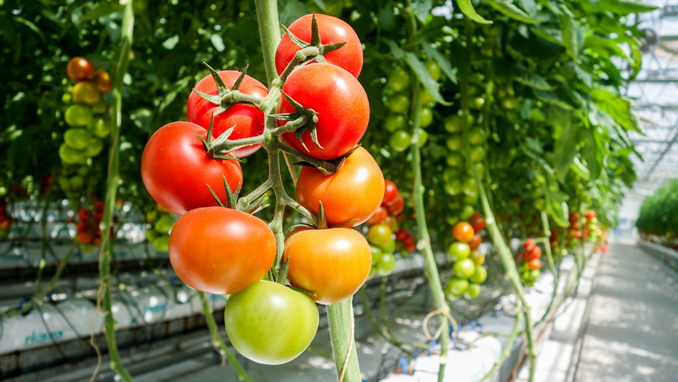Since Russia imposed a ban on imports of fruit and vegetable products from the European Union in 2014, the country has increased the area devoted to greenhouses by 1 and 4% year-on-year for five years, Fresh Plaza reports.
The trend was helped by a government financial support program for the construction and modernization of greenhouse infrastructure. In 2014, the total area of greenhouses covered some 2,300 hectares. At the end of 2018, it already exceeded 2,500 hectares and, according to Elvira Sakhabutdinova of consultancy Vostok Capital, which organizes the main agricultural fairs in the country. The company’s forecast is that there will be 260 hectares of new greenhouses in 2019 and 250 more hectares in 2020.
According to official data, 66.8% of cucumbers and 20.2% of tomatoes consumed in Russia in 2014 were produced in the country. In 2019, these figures are expected to reach 95% and 65%, respectively. The total production of greenhouse vegetables in Russia at the end of 2018 amounted to 930,000 tons, according to the same source; in 2014 it stood at 691,000 tons. In addition, in the next 4-5 years, the expected yield is approximately 1.5 million tons.
Since the start of Russia’s food import ban, the measures adopted by the EU to open new markets to compensate for the embargo had not been enough to compensate the volume of exports lost, which amounted to 2,394,295 tons worth 1,911 million euro for the whole of the EU in 2013, the previous year to the veto, Fresh Plaza writes.
In the past five years, and taking 2013 and 2018 as a reference, community exports to European countries that are not part of the EU have fallen from 4,002 million euro to 2,337 million. Even though exports to America and Asia have grown by 297 million (totaling 606 million euros), and 448 million (totaling 1,025 million in 2018), respectively, they do not compensate the losses in sales to Russia, which are estimated at ten billion euro in these five years. In addition, the Russian veto had negative consequences on the level of prices in the EU as a whole, as it was forced to absorb the excess supply generated, the report says.












